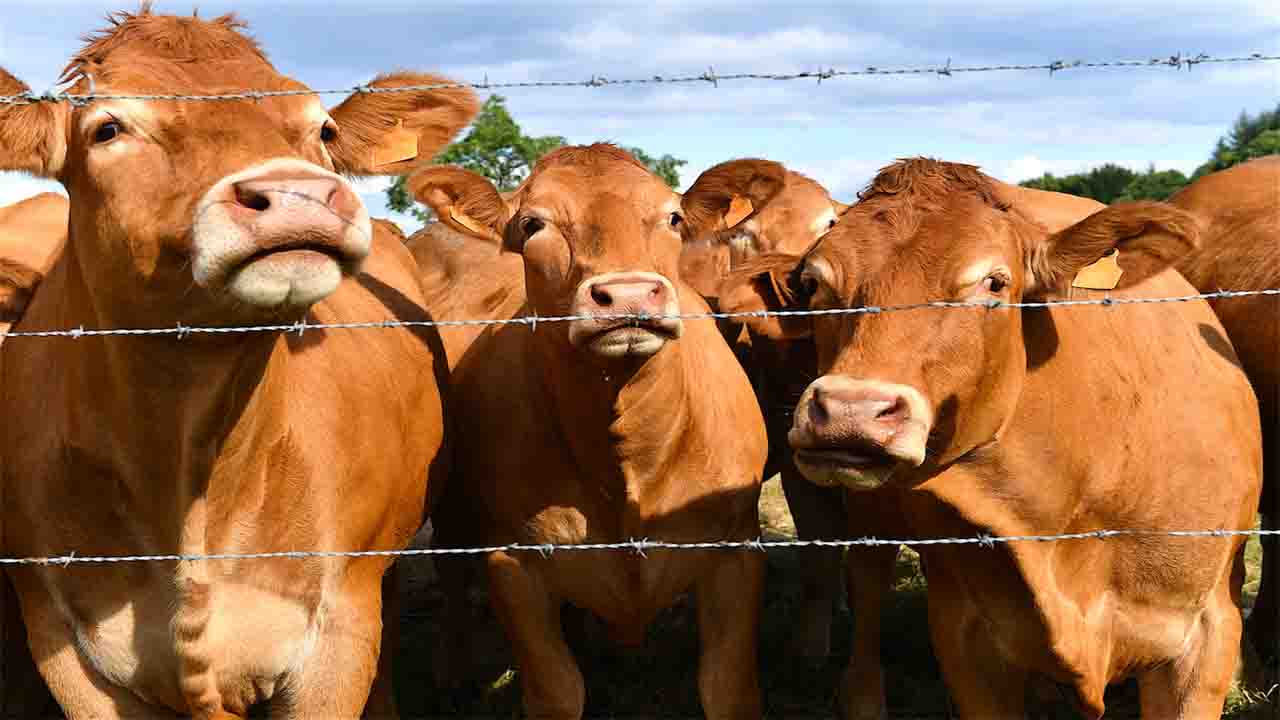Agriculture and Climate Change (Commonwealth Union) _ Our latest research, featured in Nature Food, sheds light on a concerning reality: the majority of the EU’s agricultural subsidies are channelled towards meat and dairy production rather than sustainable plant-based alternatives. These findings underscore the urgent need for reform within the EU’s common agricultural policy (CAP), which plays a pivotal role in shaping farming practices across Europe.
Despite growing calls for sustainability, the CAP has long been criticized for favoring big landowners, allocating minimal funds to environmental initiatives, and being susceptible to corruption. While some policymakers advocate for greener reforms, opposition from lobby groups and farmers has hindered progress.
Our study reveals that over 80% of CAP funds support animal-based products, which significantly contribute to food-related greenhouse gas emissions, biodiversity loss, water consumption, and pollution. This disproportionate allocation of subsidies perpetuates an uneven playing field, making animal products artificially cheaper than plant-based alternatives.
One key revelation from our research is the substantial subsidies directed towards animal feed production, further tilting the scales in favor of meat and dairy. For instance, a French farmer growing wheat for animal feed receives additional subsidies on top of those received by a livestock farmer, amplifying the disparity.
These subsidies not only distort market prices but also influence global food trade, with 12% of the CAP budget subsidizing exports to non-EU countries, including higher-income nations like the US and China. This exacerbates the challenge of promoting healthy and sustainable diets worldwide.
To address these issues and build a more resilient and environmentally-friendly food system, substantial reforms to agricultural subsidies are imperative. The recent weakening of green EU policies represents a setback, highlighting the urgent need for proactive measures to safeguard our planet and public health.
As we navigate the complexities of food production and consumption, it is crucial to prioritize sustainability and equitable practices for the well-being of current and future generations.








